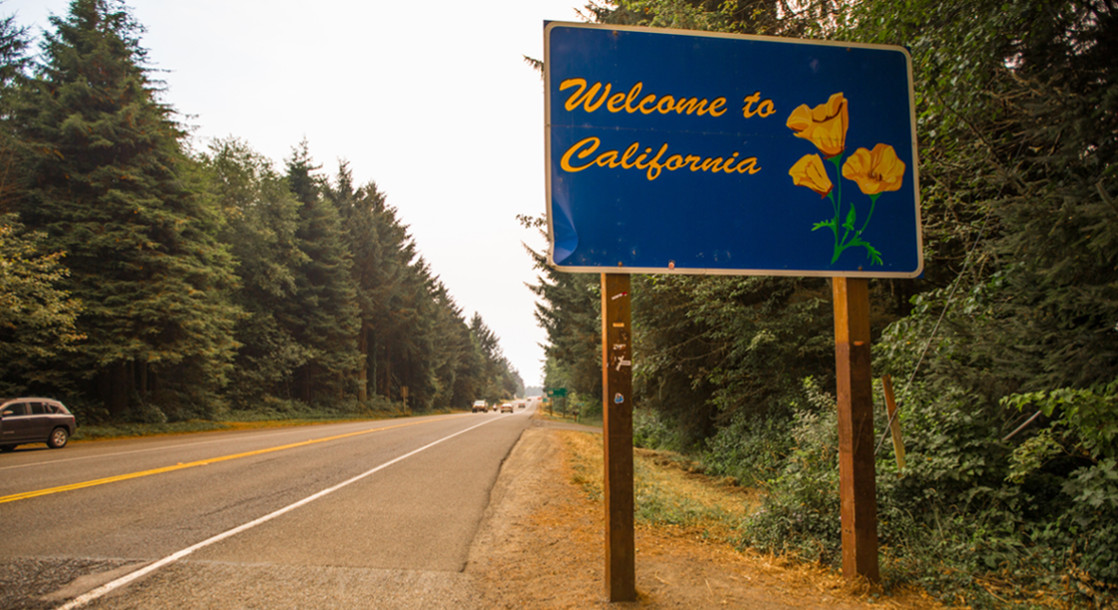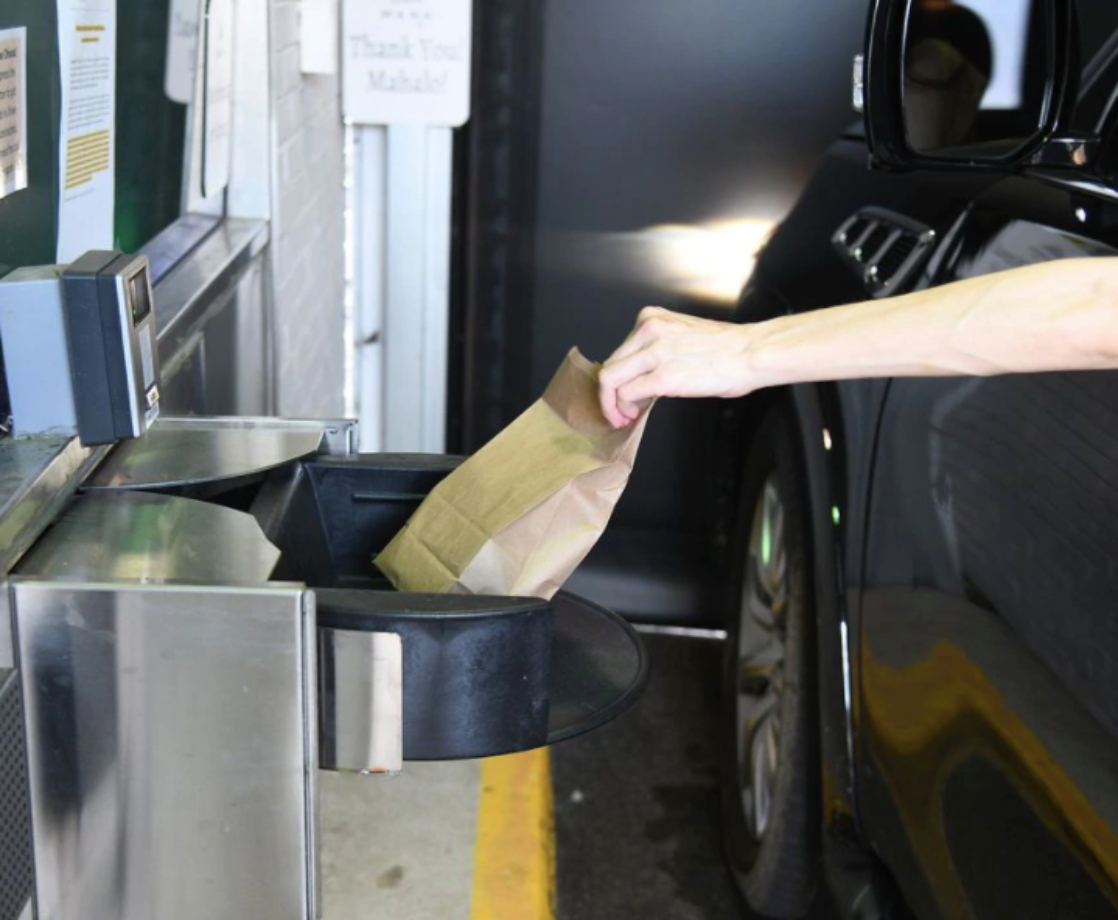Photo via iStock/ Jorge Villalba
The relatively sudden growth of the country's cannabis industry has left local government officials scrambling to create the regulations necessary to govern businesses without federal oversight, and for many canna-legal states, a finalized set of marijuana rules has remained a moving target. In California, recreational cannabis sales became legal at the beginning of the year, but the industry is still operating under a set of emergency regulations which were set to expire this spring. Late last week, state officials decided to extend these temporary rules for another six months, with a few minor changes.
The three agencies designated to license and regulate the state's cannabis industry — the Bureau of Cannabis Control (BCC), the California Department of Public Health (DPH), and the California Department of Food and Agriculture (DFA) — have all proposed to re-adopt the current emergency regulations for an additional 180-day period, with a small number of revisions. “These proposed changes to our emergency regulations are based on feedback from our stakeholders, and information gathered over the first four months of implementation,” BCC Chief Lori Ajax said in a statement.
The state's medical cannabis industry, which was legalized back in 1996, has been operating under a different set of rules than the newly-minted recreational industry, but the revised regulations make it easier for canna-businesses to get involved in either aspect of the sector. The previous regulations required business owners to submit two separate applications (and pay two fees) if they wanted to apply for both adult-use and medical cannabis licenses, but now applicants will be allowed to submit a single application to receive both for only one fee. The BCC also lowered the annual license fee for all business operators.
The previous regulations established a transition period enabling any adult-use cannabis licensees to contract with medical cannabis licensees, and vice versa, until July. The new regulations will make this policy permanent, allowing businesses to better integrate their supply chains without having to designate every single individual pot product as reserved solely for recreational or medical sales. “I can’t overestimate how big of a deal that would have been if that change had not been made permanent,” Max Mikalonis of K Street Consulting said to Marijuana Business Daily.
The BCC has also updated its rules for cannabis deliveries, increasing the total amount of cannabis goods allowed in one vehicle at a time from $3,000 worth of product to $10,000. However, the new rules are putting an end to what has been referred to as the “ice cream truck model” of delivery, where a delivery vehicle stocked with every variety of product would drive around servicing online deliveries. Now, a truck must return to stock their vehicles at a physical establishment before delivering them.
The regulations also make a number of minor tweaks to certain parts of the industry. The DFA has revised its methods for measuring canopy areas for indoor, mixed-light, and outdoor grows; while the DPH changed its regulations on shared-use facilities, and decided that cannabis tinctures do not have to be classified as products containing alcohol.
The public will have five days to give feedback on these new regulations, after which they will be formally adopted. At that time, the three agencies will have another 180 days to draft final regulations for the industry — that is, if they’re ready.











